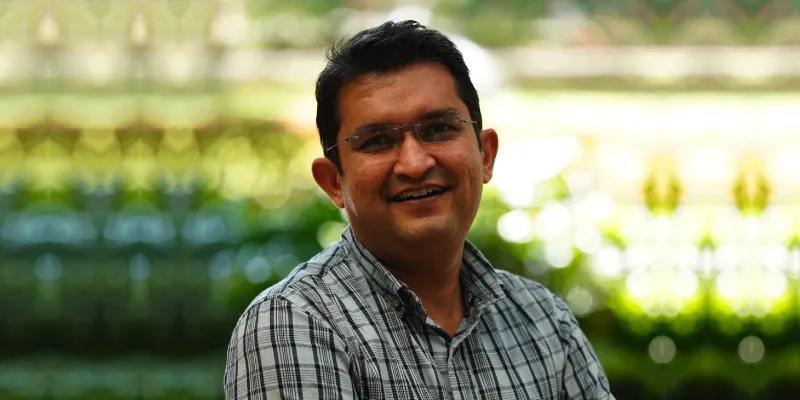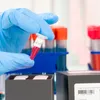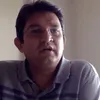1,000 startups applied to C-CAMP's COVID-19 accelerator to help India fight coronavirus
C-CAMP's COVID-19 accelerator has successfully demonstrated how one can rally startups and innovators across a country to solve a global crisis like coronavirus.
For four weeks now, C-CAMP's COVID-19 Innovations Deployment Accelerator or C-CIDA has been working closely with over 30 startups, which are working on out-of-the-box innovative solutions to fight the ongoing coronavirus pandemic. The idea was to identify innovations in "near-deployment" stage.
From non-invasive ventilators to rapid testing kits and more, the chosen startups are working on end-to-end solutions that can curb the spread of the coronavirus, help critical patients, and even assist in identifying drugs that can treat it.
"We think it has been a very important aspect to identify them, understand their current status, and how close they are to the deployment so that the impact will happen," says Taslimarif Saiyed, CEO and Director of C-CAMP, in a conversation with Shradha Sharma, Founder and CEO of .
In the last four weeks, the team selected around 30 startups from over 1,000 submissions. For Taslim, the highlight has been that the selected innovators have moved forward considerably.
"The attempt was not just to select them, but to also work with each one of them to see where they are and what support they need – engineering capabilities, access to biological samples, collaborators, raw material, etc. This has helped a lot of them move very close to deployment," he says.
According to him, about three to four of these innovations are already in the market, including a non-invasive ventilator, and a cold chain viral transport system. When it comes to diagnostics, Hyderabad-based Huwel's testing kits have been approved by ICMR. A couple of other startups are waiting to be approved.
"Now, we are connecting them with bigger capability players, and see they can actually work together to bring it into the market," says Taslim.

The idea behind C-CIDA, he explains, was to be ready for this crisis by getting everyone together to join the fight. It is a mission-driven deployment accelerator.
How can other countries replicate this process? According to Taslim, it is all about realising the situation.
"We quickly realised that our traditional support of healthcare products, which trickle from Western geographies, may not work this time because everyone is in need of," he adds.
Thus, we had to find innovations in our own backyard, which could take to the challenge.
Last but not least, Taslim credits this success to the whole C-CAMP team.
"It has been a phenomenal journey. The combination of science, innovation, entrepreneurship insights, and the drive and the passion to do something for the nation," he signs off.
Edited by Megha Reddy









